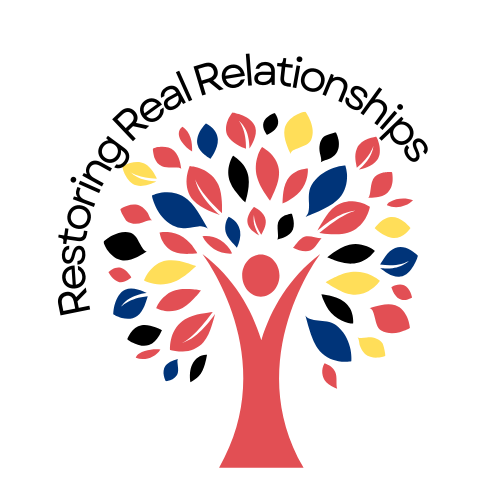Echoes of the unspoken
In my forties, I found the courage to confront the man I had recently started seeing - tall, undeniably handsome, with an athletic build and exuding a charm that was hard to resist. He was younger than me by at least 10 years, and his smile had a way of melting my resolve.
“It’s time for a serious talk,” I said. “I can’t go on in a relationship where we don’t truly talk to each other.”
“Okay…” he replied, flashing that heart-melting smile.
“Listen, it’s not about you personally, but I can’t be with someone who isn’t open to communicating.”
I was holding back the full truth. His heavy drinking, his strong and often judgmental opinions were real problems.
"Are you seeing other women? I asked him.
“So, women don’t really change with age,” he quipped, dodging the question.
I pressed on, needing to know where I stood.
"I just need to know if you see me as someone special in your life or just as a friend.”
"I see you as a lovely and beautiful friend,” he answered, his tone cheerful yet dismissive.
And with that, I got the answer that told me everything I needed to know.
“Thank you. Now, I know where I stand,” I said, forcing a smile while my heart sank.
Another rejection. Deep down, I had sensed the truth, yet part of me had hoped for a different outcome. Why was I continuously drawn to men who were emotionally unavailable? Was it something about me that was irreparably broken?
A week later, I brought up these thoughts with my therapist.
"You might run away from a good man," she said.
“Really? Why would I do that?”
"Deep emotional intimacy might scare you. It might feel suffocating.”
"But why?"
"Because such closeness in your childhood brought you immense pain. It’s a defense mechanism."
